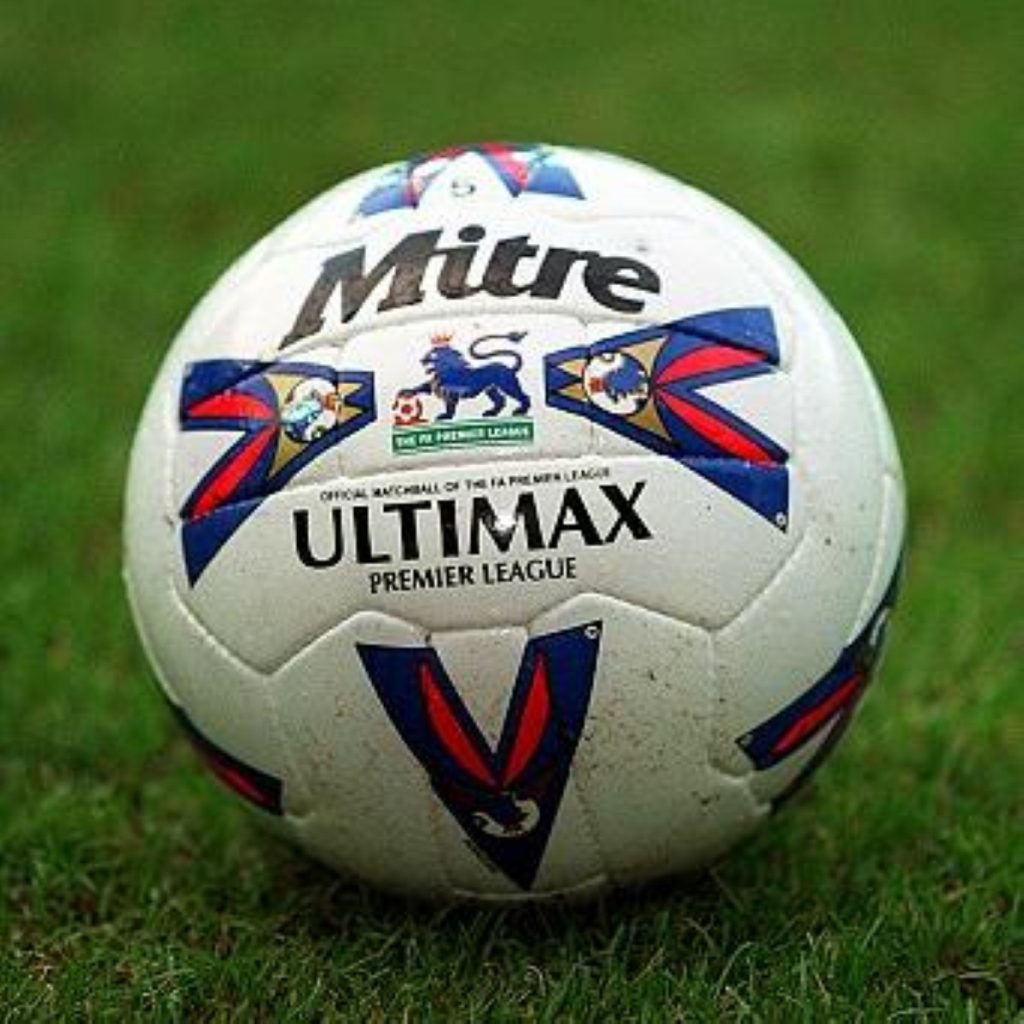Premier League: Poverty wages
By Laura Miller
MPs will meet representatives from Premier league football clubs today to discuss the plight of the working poor in one of sport’s wealthiest industries.
Gerry Sutcliffe, the sports minister, along with other MPs, business leaders and heads of some of the most prestigious football clubs in the world, will examine ways to tackle the widespread poverty of workers who toil away from the spotlight, as fortunes are paid at the top end of the game.
Kate Green, director of Child Poverty Action Group (CPAG), one of the organisations involved in the talks, told politics.co.uk: “There’s a hidden army in football on low level pay and struggling to support the half of all British children in families of working poor where at least one parent has a job.


“Good football clubs can be real community leaders, and good role models, helping to make sure children from poorer families don’t miss out.”
Bu the Premier League argued pay is a matter for government.
“Premier League clubs make a substantial contribution to local economies and local labour markets, generate significant tax revenues for the government, make a positive contribution to the UK’s overseas earnings, and always respect all the relevant employment laws,” a spokesperson told politics.co.uk
The meeting is part of the Relegate Poverty Pay Fair campaign by The Fair Pay Network (FPN), a national coalition chaired by Labour’s Karen Buck, which aims to raise awareness of low pay.
Lisa Harker, co-director of progressive think tank the Institute for Public Policy Research (IPPR), a group also advising in today’s meeting, said: “More than one million children in Britain are living in poverty, despite the fact that at least one of their parents is in work.
“Although 600,000 children have been lifted out of poverty in the last ten years, the total number of poor children in working households has remained the same.”
Catering, hospitality and service sectors are notoriously bad payers, she said.
“This is reflected in the Premier League with multi-million pound earning directors and players waited on by workers on poverty pay.”
The Barclays Premier League is the most lucrative football league in the world.
Combined revenues of Premier league clubs were approximately £1.9 billion last season, and these are set to rise dramatically owing to ticket price hikes and new broadcasting rights.
In 2008 the 20 clubs spent £600 million on players. Chelsea defender John Terry receives £140, 000 a week, making him the highest paid player in the league, and the fourth highest in the world.
But in the FPN Fair Pay ranking of UK Premier league clubs, Roman Abramovich’s Chelsea FC is bottom of the table. Aston Villa takes the top spot for good pay rates, followed by West Ham, then Tottenham Hotspur.
“There is a huge amount of money in football and it’s only fair everyone working for a Premier League club should reap the benefits,” said the sports minister.
“From cleaners to hospitality staff, everyone working for these clubs makes a valuable contribution and it’s only right that they should be fairly rewarded,” he said.
London Mayor Boris Johnson has also backed fairer pay for off the pitch football staff. He said: “This is not only morally right but also makes good business sense, contributing to better recruitment and retention of staff, higher productivity, and a more loyal workforce with high morale.”
Ms Green echoed Mr Johnson’s support of the business, as well as the ethical, case for fair pay.
“Poorest families suffer most and suffer longest during a recession and the government has got to think about policies that help them best,” she told politics.co.uk.”But these are also the families who are most likely to spend any extra, usually on their kids.”
“That is why [FPN] are calling for fair pay but also for £3 billion more tax credits in the chancellor’s budget. It’s good for families and its good fiscal stimulus.”
Today’s meeting will push for top clubs to adopt a Hatrick Gold Standard system.
Clubs will receive the Standard if employees are paid at least £7.45 per hour in London – the London Living Wage according to the Low Pay Unit of the Greater London Authority – and £6.80 per hour in the rest of the country.
They will also have to sign up to a fair full-time pay agreement, equivalent to £13,100 or £12,376 a year for a full-time working week, the right to a minimum of 25 paid days of annual holiday, and paid parental leave.
Equal treatment of all staff, whether directly employed or on an agency contract, is also a requirement of the Standard.












